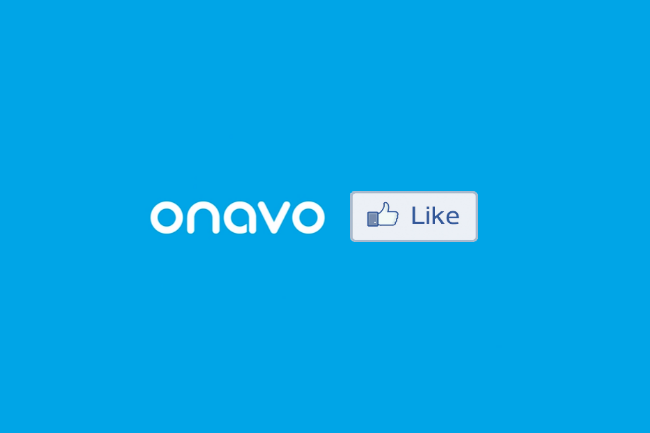
Facebook just bought a start-up with 40 employees you’ve probably never heard of, but it could play an integral role in the company’s future.
As Facebook continues to evolve, its goals are becoming increasingly lofty. In addition to its efforts to become a search mainstay and continuing to expand its mobile presence, Mark Zuckerberg has started a wide-ranging project called Internet.org pushing for universal access to the Internet (and, you know, Facebook). This quest to get every single person on the planet connected through technology borders on quixotic, but even if truly catholic coverage is an impossibility, Facebook is serious about the mission — and the purchase of Tel Aviv, Israel-based data compression start-up Onavo is a strong indication that the social network has plans in motion.
Here’s what you need to know about Facebook’s purchase of Onavo.
This will be Facebook’s first official foray into Israel
The company hasn’t had an office in Israel before, but Onavo announced that its workspace would remain open and function as Facebook’s Tel Aviv office. Perhaps Onavo’s employees weren’t keen on the ridiculous housing market of Menlo Park. This isn’t the first Israeli start-up Facebook has acquired — it purchased Face.com, a company focused on powerful facial recognition, in 2012. As Facebook continues to delve into more advanced facial recognition, its decision to acquire Face.com looks like a smart move, but it didn’t precipitate a physical move to Israel like this more recent purchase has.
We don’t know how much Facebook paid, but reports say at least $100 million
According to TechCrunch, there’s no official figure attached to the deal, but Israeli paper Calcalist reports between $150-200 million and other sources put the figure closer to $100 million. Whether the real sum is closer to the low end or the high end of that range, it’s a massive amount of money for Onavo, which started three years ago and has previously raised around $13 million in venture funding.
Onavo could have many uses for Facebook
Onavo isn’t as sexy a purchase as Instagram, which was an app everybody already loved before Facebook swooped in. Even though Onavo isn’t particularly exciting on its own, the company has two primary areas where it helps with efficiency, and each could be of use to Facebook.
First, Onavo’s current roster of apps helps smartphone users save money on their data bills by providing accurate breakdowns of how much data apps are using, and by compressing the data you use by up to 500 percent. Since Facebook is increasingly focused on mobile, the acquisition of a tool that will help users save money on their data packages could be an enormous hook — sure, you’re using a bunch of data checking Facebook on your iPhone, but now the social network can help you save money on that data.
While data compression was Onavo’s first venture, it also does analytics for mobile apps, providing insights about mobile marketing, ad spends, what’s driving traffic, and benchmark information. The insight component could be a big help to Facebook because, apart from giving Facebook another way to evaluate what is working and not working in its own app, it could provide valuable information to other developers, who may become more interested in working with Facebook if they know they’ll get their apps accurately evaluated.
An important role in Internet.org looks likely
Onavo announced the purchase in a brief blog post, and it didn’t give too much away — but CEO Guy Rosen did specifically mention the company was excited about the Internet.org endeavor. “We’re excited to join their team, and hope to play a critical role in reaching one of Internet.org’s most significant goals – using data more efficiently, so that more people around the world can connect and share,” Rosen writes.
Onavo could easily play a critical role in Internet.org, since it could help Facebook minimize data costs in a way that will make it more feasible for people in developing countries to access the Internet through a mobile device.
Editors' Recommendations
- What is a meme? Here’s everything you need to know
- What is Libra? Here’s what you need to know about Facebook’s new cryptocurrency
